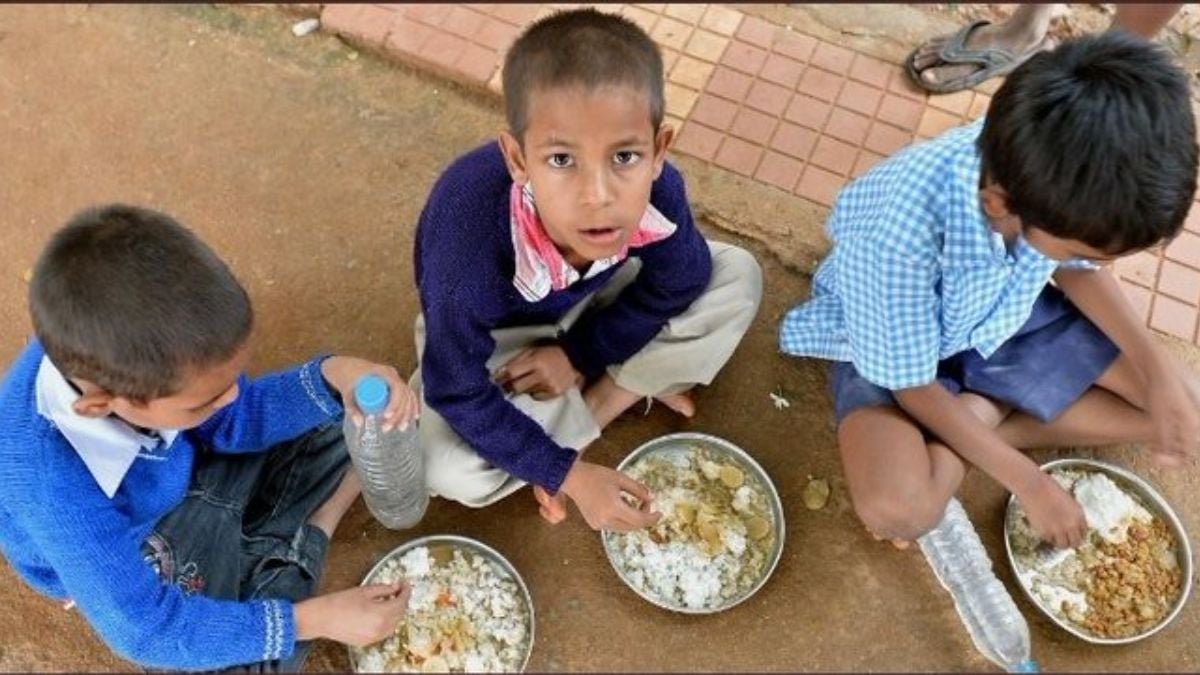
Mumbai: City-based diabetologists plan to urge the state government to introduce ‘Nutrition’ as a subject for school children. The proposal is aimed at increasing awareness about nutritional food and comes against the backdrop of the increasing incidence of Type 1 autoimmune diabetes among teenagers and adolescents.
The rise in diabetes cases in India can be attributed to ‘changing lifestyles, erratic working hours, sedentary habits, stress, pollution, change in food habits and easy availability of fast food,’ according to doctors.
“There is an urgent need to create awareness about nutritional food. The Maharashtra task force on non-communicable diseases is in constant touch with the government with regard to coming up with measures to control the rising cases of pre-diabetes and diabetes in teenagers and adolescents,” said Dr Rajiv Kovil, diabetologist and co-organising secretary, RSSDI 2023, which is being held at Jio Convention Centre in Mumbai. The task force is also working on a proposal for introducing nutrition as a subject for schoolchildren, Dr Kovil said.
“Nowadays teenagers and adolescents have unhealthy lifestyles and have stopped outdoor activities. They have no knowledge about nutritive foods. Moreover, junk food, lack of physical activity have led to obesity, which further led to increasing cases of pre-diabetes and diabetes. Introducing nutrition as a subject will provide knowledge about various nutritional foods and effective for human health and through it we will be able to curb cases in teenagers,” said Dr Kovil.
WHO Shares Information On Risks Of Non-Sugar Sweeteners
Meanwhile, the World Health Organization had issued guidelines on non-sugar sweeteners (NSS), following a review of evidence that suggests that use of NSS does not confer any long-term benefit in reducing body fat in adults or children. The review also suggests that there may be potential undesirable effects from longterm use of NSS, such as an increased risk of type 2 diabetes, cardiovascular diseases, and mortality in adults.
“Replacing free sugars with NSS does not help with weight control in the long term. People need to consider other ways to reduce free sugar intake, such as consuming food with naturally occurring sugar, like fruit, or unsweetened food and beverages, says Francesco Branca, WHO Director for Nutrition and Food Safety. NSS are not essential dietary factors and have no nutritional value. People should reduce the sweetness of the diet altogether, starting early in life, to improve their health, Branca said.
(We are on WhatsApp. To get latest news updates, Join our Channel. Click here)
<!– Published on: Sunday, November 19, 2023, 09:51 AM IST –>
<!–
–>
